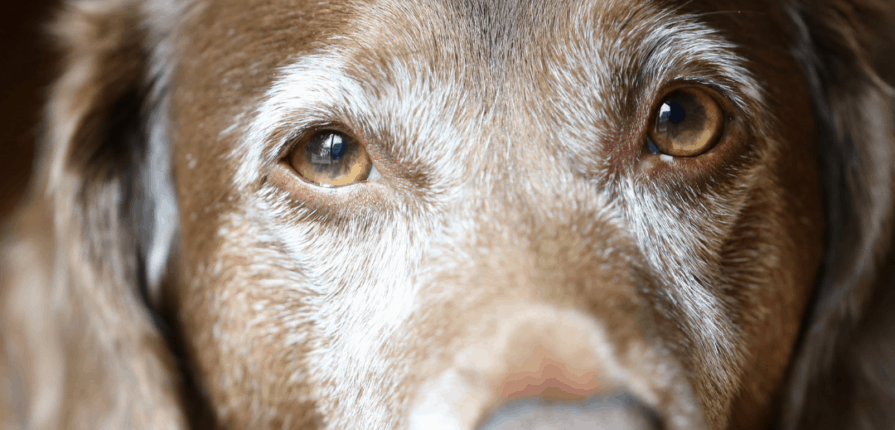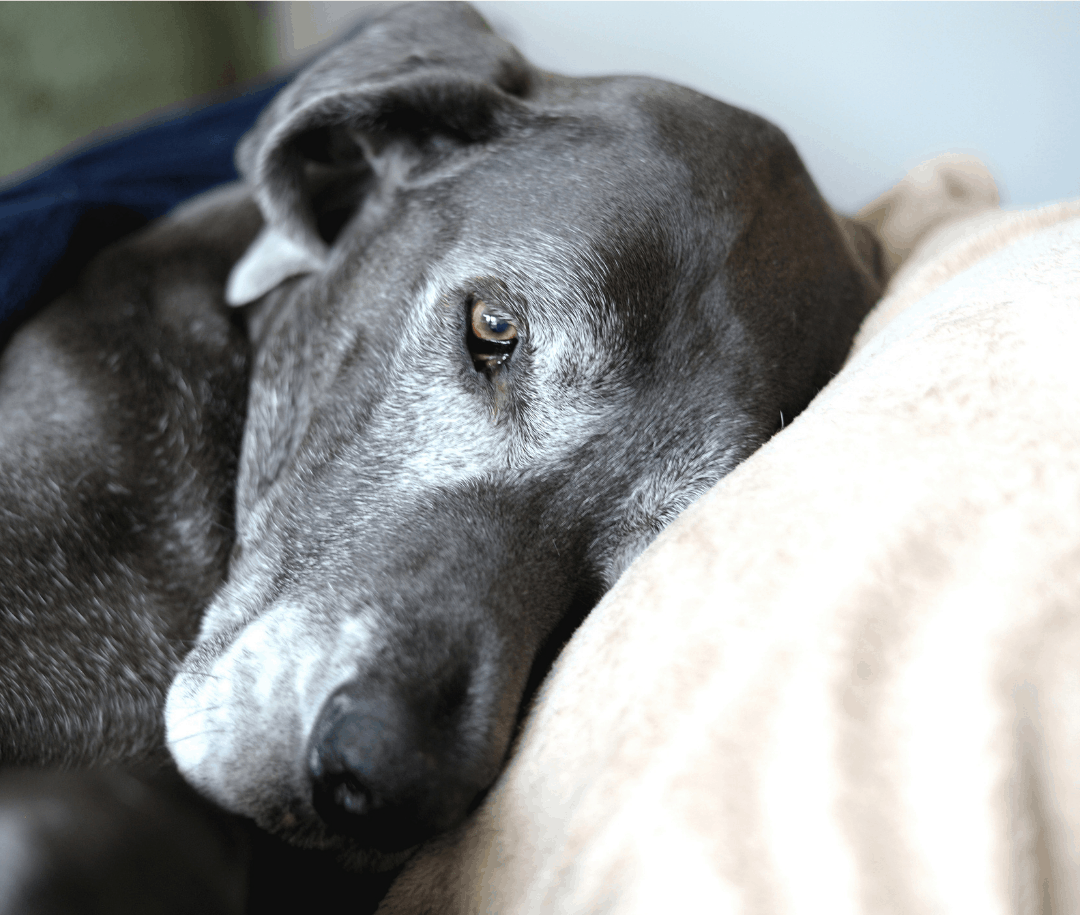Caring for your senior dog
In today’s world of advanced veterinary care, pets are living longer and healthier lives. With that longevity, inevitably there will be age related issues that are unavoidable. Caring for your pet once their advanced age shows symptoms, will require patience and understanding the issues you face. Senior pets require more frequent trips to the veterinarian- expect to see them twice a year. This is extremely helpful in detecting signs of illness or other issues and treating them early. When it becomes too much, ask for help either from your veterinarian or an Equipaws Home Health Care veterinary professional.
How to help your senior dog with mobility issues:
Your silver senior will slow down. You can help them with little things like slowing down with them- during walks, shortening their walks, getting a stroller. They have been very popular and we see many of them during our pack walks. Helping them in everything they are used to doing is going to be the new normal. Weight gain in geriatric dogs can be an issue, especially if they’re not moving as much. You will have to adjust their feeding habits, which leads us to…
How to help senior pets with eating, sleeping, and potty habits:
Nutritional needs will need updating and sleep habits will be changing. Older pups require more easily-digestible food, perhaps soft foods for dogs with dental issues, and sometimes supplements to help their precious, old bones. Ask your veterinarian for recommendations. Our local pet supply stores like Wynwood Dog Food, Animal Crackers, Pet Wants, and Pet’s Best might have some great options for you. We ended switching up our 17-year-old senior hound to a fresh food diet in her later years and she thrived (and it made us so happy to see her enjoy and finish her food!).
Potty breaks may be missed or slept through as will dinners and water consumption. Every day you will need to assess the changes and go with the flow. Your routines will not meld so you must keep an open mind and show unusual patience. Don’t hesitate to hand feed them and bring the water bowl to their tongue. Carry them to the back door and then to the grass, use a stroller no matter how many times you made fun of others doing the same thing. You know you did! And always keep your pet’s food, water, and bed in the same place.
For the bigger pets, assist them in getting to the area they need to get to. Elevate the food and water bowl and sit on the floor with them and watch that movie instead of going out.
Mental health in senior dogs:
Just like humans, our pups can show signs of degenerative brain conditions, or canine dementia. These issues can set in slowly, and it’s up to us as pet parents to remain observant and notify our veterinarians when we do notice certain signs. They include:
- Acting disoriented
- Interacting less and less with family
- Accidents in the home
- Not recognizing family members/familiar people (check for vision loss as well)
- Not responding to commands (can also be a hearing issue)
Some ways to help in addition to getting your vet involved include continuing walks for their brain health, keeping their environment as-is (leaving their beds, food, and water in the same place always), keeping a consistent routine, and enriching them mentally (puzzle toys, training them, teaching new tricks, hiding treats around the home).
Parasite control and vaccination schedule:
Vaccination schedules may change as your pets age. Some veterinarians will opt out of certain vaccines depending on your pet’s health, habits, and more. Older pups can sometimes have trouble fighting off infections so you will want to make sure you strike a balance with parasite prevention and their needs. Your veterinarian is your greatest ally for this!
When it’s time…
The most important thing to remember is to not let them suffer. Regret nothing you do. No decision you make, no hand you lend to them. Remember all they did for you and how they improved your life and do the same for them at this time. Don’t force them to eat or drink water. If your pups stop eating, they are stopping for a reason, but do make that last weekend meal something they will never forget. Make arrangements for hospice, transportation or for a veterinarian to come to the house. It will be the saddest, hardest decision you will ever make in your life. Make it unselfish and do it for them. Be with them. Look them in the eye and hold them tight. Say with your eyes that it’s ok.
Remember all the love you got from them unconditionally? They were there through the break up and the hangovers, the all night-study jam and the tests you passed with flying colors.
They were the reason you got up on the days when life was dull and the reason you rushed home when everyone was headed to happy hour after a long work week. You took them with you on trips when no one else could go. The long walks you both enjoyed just because you were together. The stuffed animals torn to shreds, destroyed by a rapid head shake and a toss in the air that made you belly laugh.
Be at peace and hold every memory dear to your heart. Cry a lot because if you don’t, you will do it later at the most awkward moments. And remember, sometimes you’ll feel all alone, but please reach out for help and you may end up helping someone in need. Your dog would want you to. This is a website with resources for pet loss support, and pet memorial services all over Florida. This was a tough blog to write, but worth it if it helps any of you.
-Lory Nelson-Brunner, Director, Equipaws Home Health Division

A founding member of the Equipaws family, Frankie can mostly be found working behind the scenes, helping co-create online branding, managing several social media accounts, designing brand collateral, writing copy, and managing events. She also fills in for pet sitters and dog walkers when needed in Palmetto Bay, Pinecrest, and South Miami. Her own small pack consists of Boots the Shih Tzu mix and Nutmeg the Chiweenie.


